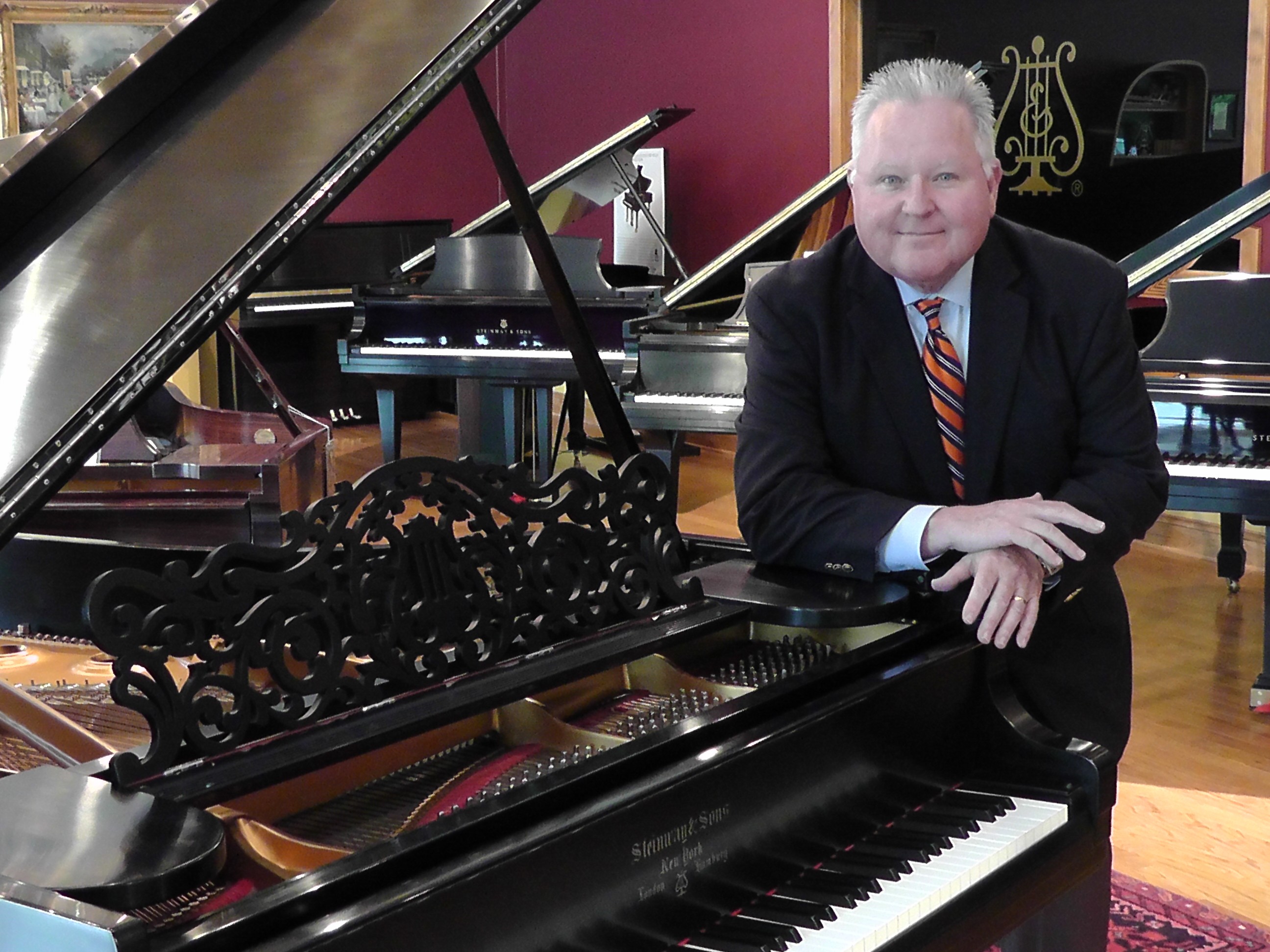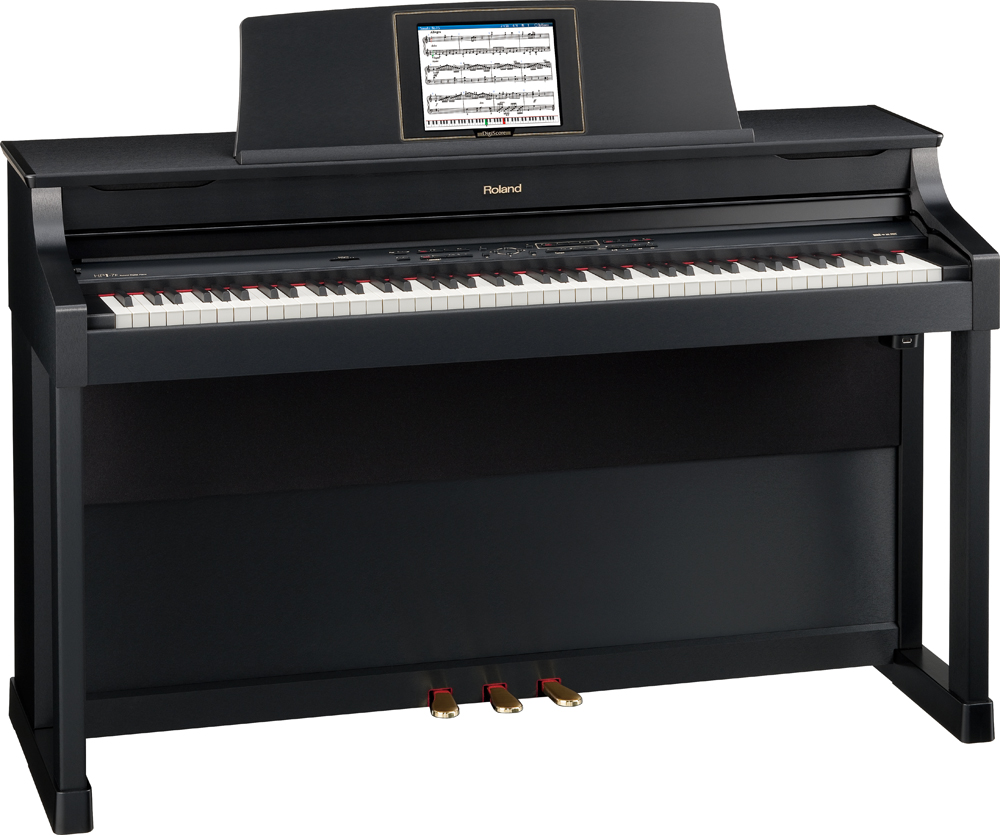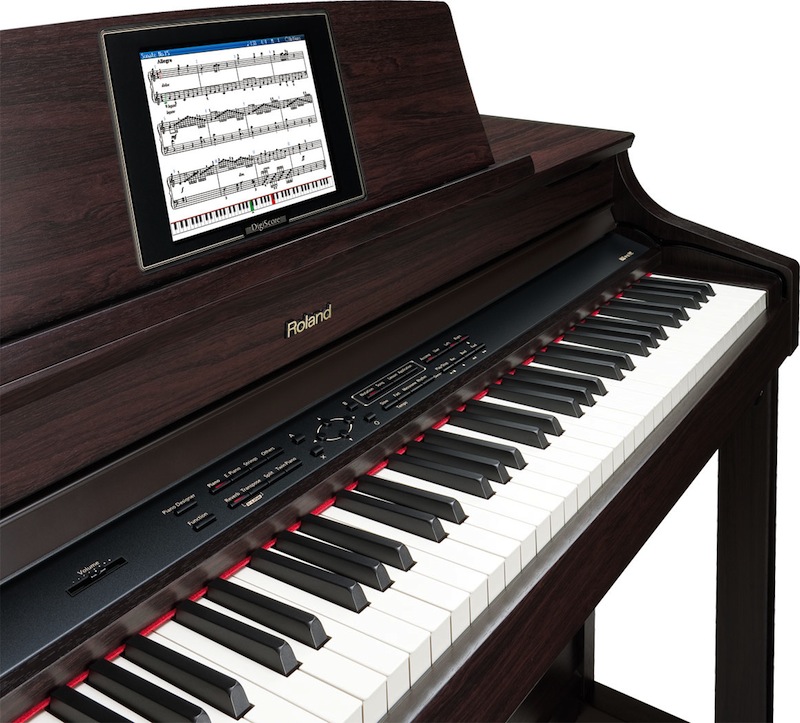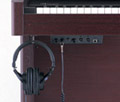Are you in a rut and want to try something new? Or maybe you want to get your kids involved in a new activity- one that doesn’t involve game controllers or remotes.
You want something challenging and creative, but what? Have you ever thought about taking piano lessons? Not only do you or your kids learn a skill, but it also stimulates the brain and encourages creativity.
For one thing, piano lessons improve concentration. Think about it- you are employing your fingers, your eyes, your ears and even your feet when you play. That requires great coordination as well as focus. Your brain is controlling a variety of areas at once and, as a result, your mental acuity is sharpened. This enhanced focus follows you in other aspects of your life. Your kids will get more out of school and their grades may even improve.
Your mind doesn’t feel sluggish and your attention to detail is improved. Creativity is also unlocked through piano lessons. If you or your children have an aptitude for music, it could lead to composing and improvisation. It may lead to creativity in other areas as well.
Writing, painting or drawing may be drawn out through the music. Play fun stuff, colorful pieces that excite you and make you want to learn more. Piano lessons don’t have to be boring and stuffy.
It is best to start kids out early in life to get the most benefits. Their brains are still developing and by stimulating it through learning how to play an instrument, it improves their ability to learn and absorb information.
It is also a great way for mentally impaired children to communicate and express themselves, especially if they can’t do it verbally. For older adults, piano lessons are a great way to wake up parts of the brain that may have been stagnant.
Ultimately, it can help with memory and concentration making them more self-sufficient. And of course, it’s never too late for grown-ups to learn something new. This skill will open up a new world of fun and creativity.
To get the most out of your piano lessons, choose the right teacher. If it’s for your kids, find one that can address their specific learning style and one that can keep their attention.
If you are interested in learning, find someone who has experience teaching adults. There are several methods and techniques used to teach this skill and it is important to find the one that works for you, otherwise you or your kids will lose interest.
Above all else, learning to play is fun and satisfying and if you’re having fun, you are more receptive to learning. It’s also fun to experiment. Even if you aren’t very good, sit down at the keys and just play something. Let your creativity fly and see what your hands and your brain come up with. It may sound like noise, but then again, you may unlock the Billy Joel in you. Learn a new skill, have fun and exercise your brain- take some piano lessons.
Hall Piano Company, Metairie, is Louisiana’s premier establishment for piano sales and service. They offer piano lessons designed with all levels of students in mind, from the absolute beginner to advanced player. Visit them at http://www.hallpiano.com to download a free piano buying guide.
Article Source: http://EzineArticles.com/?expert=Andrew_Stratton
Article Source: http://EzineArticles.com/2007031









